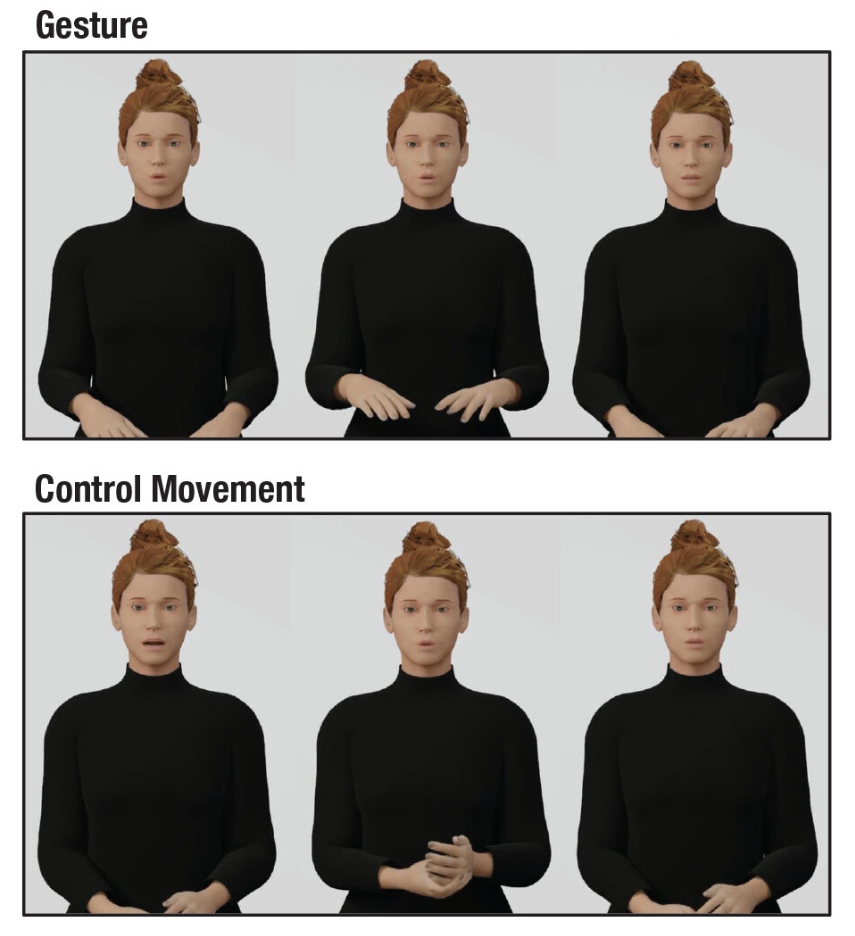01
Why does getting to know someone better
make us like them less?
Intuitively, the more time we spend with someone, the more we should like them.
A 1992 study showed that simply being exposed to someone can increase our liking of them. Researchers call this phenomenon the mere exposure effect.
A survey by Michael I. Norton and his colleagues at Harvard Business School supports this idea: 81% of online dating site members prefer people they know when choosing a date, and 88% of college students believe they like others more as they get to know them.
However, another study found that when participants were randomly given someone’s “resume,” which contained only four to ten pieces of information about the person’s traits, they liked the person less. Interestingly, the more traits the participants knew about the person, the less they liked them.
Even if these traits were generally positive, participants still preferred shorter résumés, suggesting that knowing less may lead to greater liking.
Subsequent studies have found that similarity plays a crucial role in the relationship between the quantity of information and likability. Ideally, when the “resume” aligns with the participants’ self-descriptions of their traits, more information enhances likability. In reality, however, as information increases, similarity between individuals decreases sharply, resulting in a negative correlation between information quantity and likability.
Analysis of online dating data revealed that, after meeting in person, both parties experienced a significant decline in liking and perceived similarity. On average, understanding of the dating partner increased from 50% before the date to 60% after, while liking decreased from 70% to 50%.

This mechanism enables us to swiftly categorize people as either likable or unlikable during the dating process.
People naturally assume that others are similar to themselves. However, as our understanding of strangers deepens, the perceived differences in tastes and perspectives between us and them grow, leading to increased dislike.
Does this mean that “the more you know, the more you like” is an inevitable illusion?
Of course not.
Although differences and disagreements can affect likability, we continue trying to make new friends and develop intimate relationships. Smooth similarity in interactions is not the ultimate goal. What drives us is optimism and the hope of building meaningful connections.
This hope makes us remember the strong bonds formed through deeper understanding rather than being excluded because of a lack of similarity.

02
Making gestures while speaking makes socializing more efficient.
As the saying goes, if you tie an Italian’s hands, they won’t speak.
A recent study found that gesturing while speaking enhances information transmission.
For the study, researchers from the Max Planck Institute for Psycholinguistics in the Netherlands created a virtual avatar designed to ask participants questions.
Participants were asked questions such as, “At what age did you learn to type?”
When the avatar heard the word “typing,” it would randomly perform hand gestures, either meaningful actions like typing on a keyboard or meaningless ones like scratching the palm of the hand.
The results showed that participants were 23% accurate in predicting the target word when they saw meaningful gestures, while random gestures yielded 7% accuracy. Additionally, meaningful gestures enhanced the semantic similarity between the answer and the target word, even when predictions were incorrect.
By analyzing participants’ brain activity, researchers found that meaningful gestures significantly reduced the time it takes the brain to process information, a process measured in milliseconds. Seeing gestures prompted people to enter the preparation phase for processing language information more quickly. Gestures also simplified the semantic integration process.

Researchers believe that using meaningful symbolic gestures helps people obtain faster and more accurate responses in conversations. This reflects the multimodal nature of human communication, meaning people do not rely solely on language, but rather transmit information through various channels.
First author Marlijne ter Bekke believes this research provides direction for developing artificial intelligence, including virtual avatars and humanoid robots. She states, “For artificial intelligence agents to communicate in a human-like manner and be easily understood, they should communicate through language and meaningful gestures.”

03
Can’t remember the way?
It might be because you’ve eaten too much sugar.
A high-fat, high-sugar (HFHS) diet leads to weight gain and impairs cognitive function.
In a study conducted at the University of Sydney, researchers examined the connection between HFHS diets and spatial navigation ability. Spatial navigation ability refers to the capacity to learn and remember paths from one location to another. This skill is often used to evaluate the health of the hippocampus, a brain region associated with memory.
The research team recruited 55 university students between the ages of 18 and 38. Each participant completed a questionnaire about their daily sugar and fat intake and had their body mass index (BMI) measured.
Then, participants completed a maze exploration task in which they had to find the location of the “treasure” based on remembered landmarks and paths from a familiar “treasure map.”
The results showed that participants with lower fat and sugar intake completed the treasure hunt task more accurately.
Specifically, the high-fat, high-sugar (HFHS) diet impaired individuals’ ability to learn the map, requiring more time and attempts to memorize it. During the testing phase, the HFHS group had lower spatial memory accuracy than the control group.
The silver lining is that this decline in memory ability was limited to spatial geometric information and did not affect general memory, such as object recognition.
Excessive intake of refined sugars and saturated fats increases the risk of obesity, as well as metabolic, cardiovascular, and certain cancers. Previous studies have also shown that these unhealthy dietary habits accelerate age-related cognitive decline in middle-aged and older adults.
This study is the first to demonstrate that diet is equally important for brain health in early adulthood, despite the fact that cognitive function is typically intact during this period and has not yet begun to decline.

04
Anxiety may be a precursor to depression.
If left unaddressed, anxiety often does not disappear, but instead transforms into depression — a quiet breakdown.
Anxiety begins with worry, stress, and overthinking and eventually evolves into fatigue, numbness, and sadness. Whether one is 9, 19, or 49, uncontrolled anxiety silently erodes hope.
Statistically, the lifetime comorbidity rate of depression with social anxiety disorder ranges from 20% to 70%. Social phobia increases the risk of major depressive disorder 5.7-fold; panic disorder is comorbid with depression 50% of the time; and generalized anxiety disorder is comorbid with depression 43% of the time.
Psychologist Jeffrey Bernstein has observed this transformation process over the course of his career.
Anxiety keeps the brain active, leading to overthinking, searching for threats, and constantly assuming the worst-case scenario. This process depletes both mental and physical energy.
When this tension persists, it often leaves people exhausted. At this point, depression intervenes, acting almost like an emergency brake for the body’s emotions. Thus, anxiety and depression are often interconnected—anxiety depletes energy while depression shuts down the system entirely.
Unfortunately, many people live with anxiety until the burden becomes unbearable.
Jeffrey Bernstein believes this transition often exhibits the following characteristics:
- Behavioral changes: Someone who was once anxious becomes distant and indifferent, which may indicate emotional exhaustion.
- Loss of joy or interest: Things that once brought pleasure gradually fade away.
- Emotional numbness, frequent crying, and indifference;
- Social withdrawal and isolation, especially isolation stemming from social anxiety, are dangerous signs.
The key to preventing anxiety from turning into depression lies in early detection and providing support:
- Do not downplay anxiety. Do not brush it off with phrases like “I’m fine” or “I’m just under a bit of pressure.”
- Pay attention to emotional changes, which are often more subtle but tend to precede behavioral changes.
- Act early. Even if things seem or feel “not that bad,” it is important to take them seriously.
- Learn how to cope with and manage your stress and worries.
Anxiety can make everything difficult, but it does not necessarily lead to depression. Attention and support are sufficient to bring about effective change.

